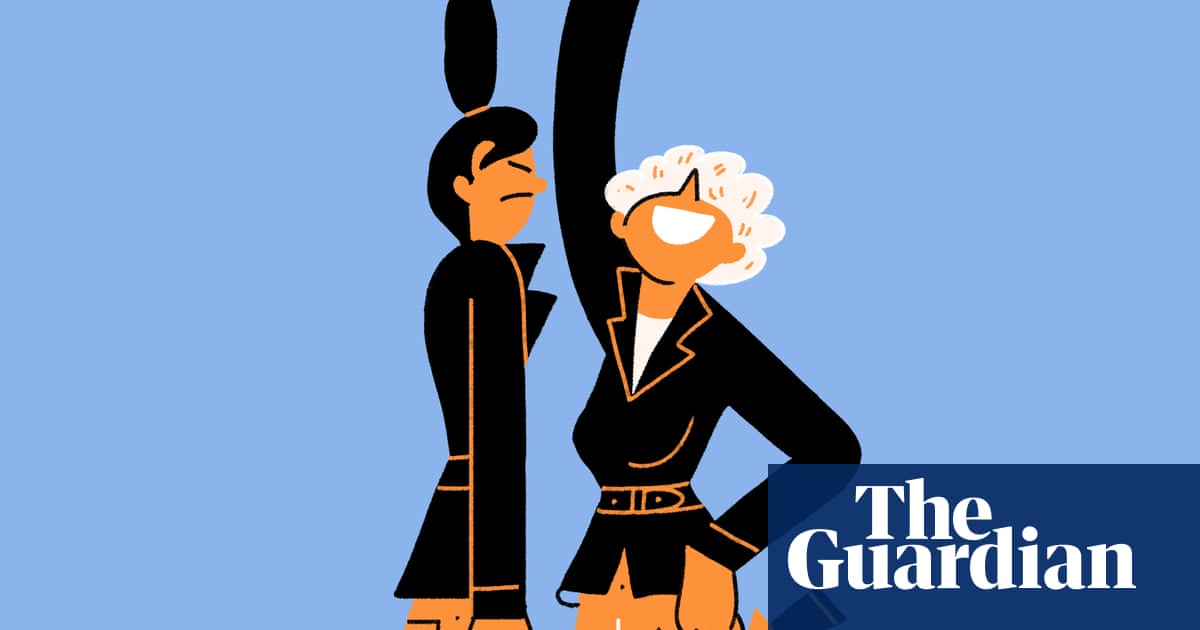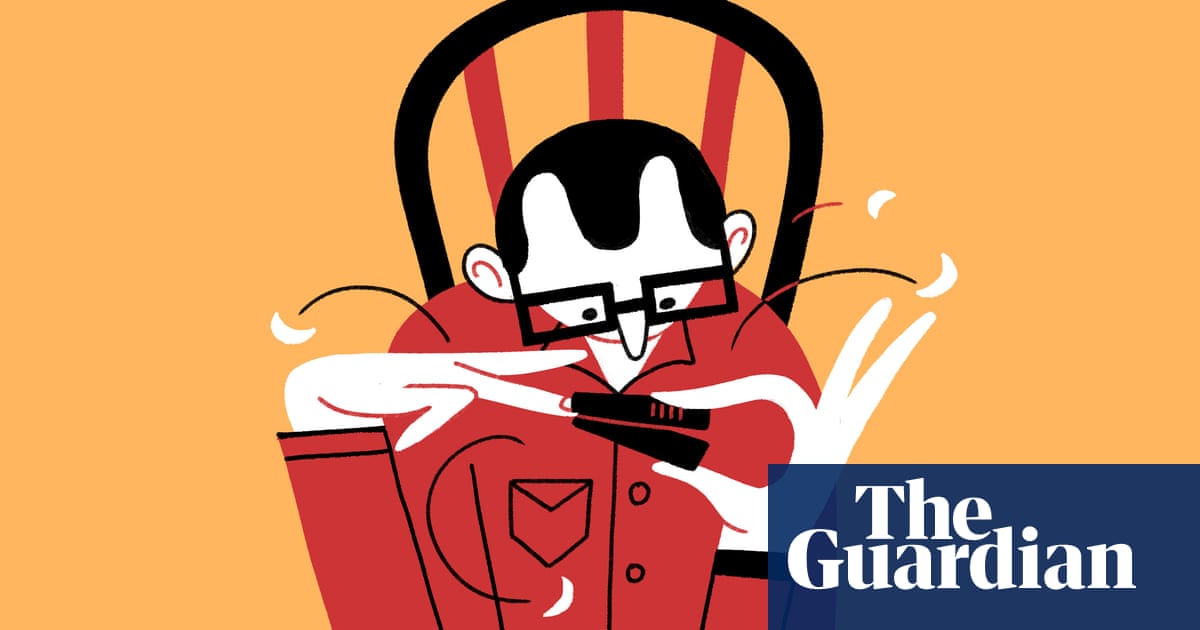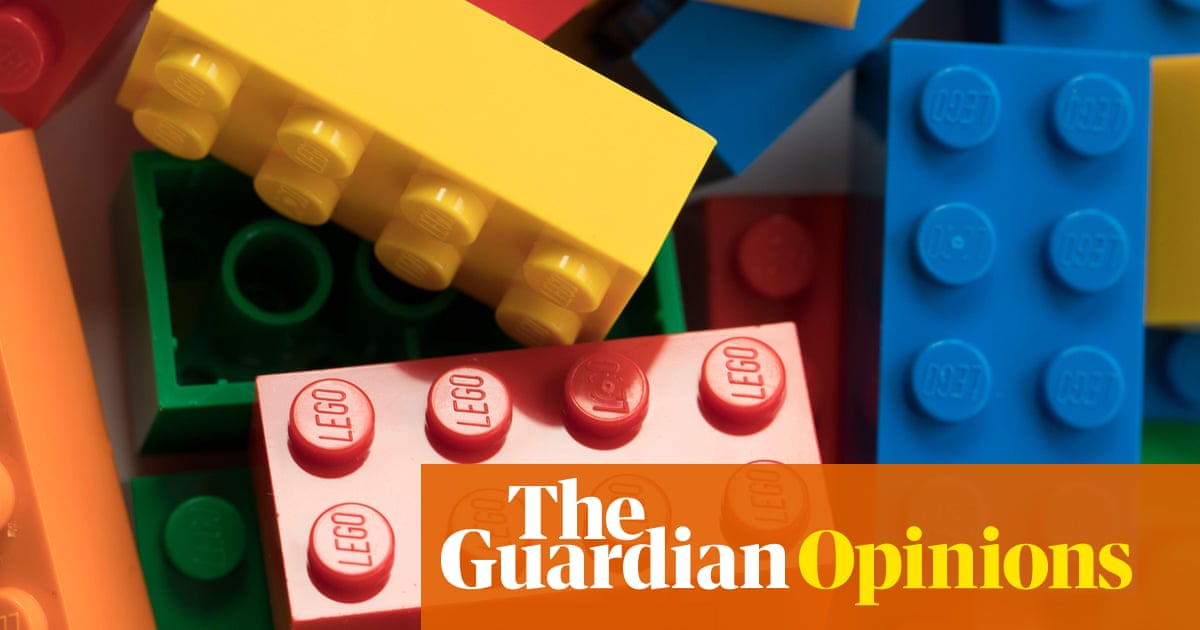
ow many people want dolphins killed? Apart from the psychopath shooting them in Florida, and the Japanese hunters slaughtering them every year in Taiji cove, I would hazard a guess at none. They are perhaps the world’s most loved wild animals. Yet, every day, dolphin killers form an orderly queue, at supermarket checkouts in the UK and around the world. If you are buying fish, and there is no clear and watertight guarantee, you are likely to be complicit in something that would revolt you.
A horrifying report last week showed that dolphin numbers in the Indian Ocean have fallen by 87% since 1980, as they’ve been drowned in gill nets set for tuna. But the problem is not confined to distant seas, or to tuna fisheries. On average, two dolphins or porpoises are washed up on UK beaches every day. Many of them show the scrapes and indentations caused by fishing nets. Discoveries of dead dolphins around the Bay of Biscay this year are likely to beat the grisly record set in 2019, when 1,100 were found on the French coast. Large numbers are also turning up on the beaches of Ireland.
The governments of the EU and the UK know their system for monitoring dolphin killing is useless
Not every dolphin or porpoise that washes up dead has been killed by the fishing industry. Infections are more prevalent than they were before, perhaps as a result of persistent synthetic chemicals accumulating in the animals’ tissues and suppressing their immune systems. But in many places, including the Bay of Biscay, Ireland and probably the Channel, industrial fishing appears to be the biggest cause.
Advertisement
The dolphins found on the shore are likely to be a small proportion of the total killed. Most corpses sink or drift out to sea. Because the slaughter is deliberately unrecorded by European governments, we have only rough guesses about how many might be dying. One scientific estimate suggests that around one eighth of the slaughtered dolphins are likely to appear on beaches. Dolphins are long-lived and reproduce slowly. In the north Atlantic, the common dolphin calves only about once every four years. The unquantified mass slaughter caused by fishing boats, if it is allowed to continue, is likely soon to drive them to extinction.
Almost all commercial fishing presents a threat to dolphins and porpoises. But some techniques are more lethal than others. While gill nets kill large numbers of porpoises, and all kinds of trawling and seine netting endanger dolphins, there’s a particularly strong correlation between dolphin deaths and two types of fishing: pair trawlers catching bass and supertrawlers pursuing small, midwater fish.
Pair trawlers (two boats pulling a net between them) move much faster than single trawlers. Supertrawlers – 100m or more in length – tow gigantic nets that scoop up entire shoals, and the predators hunting them. Because these ships tend to pursue species used for making the pellets fed to farmed fish – such as salmon, bass, halibut and prawns – scarcely any species on sale today can be safely dissociated from dolphin killing. Campaigners around the coasts of Britain and Ireland connect spikes in dead dolphins with the appearance of supertrawlers.
How a no-take zone revived a Scottish fishery devastated by dredgers
Read more
The governments of the EU and the UK are deliberately failing to stop this massacre. They know their system for monitoring dolphin killing is useless. It consists of placing observers on around 1% of fishing vessels, and only with the consent of the vessel’s master. Inevitably, the boats most responsible for the problem tend to be the least monitored. For a quarter of the price of this useless and outdated system, every boat could be fitted with remote monitoring equipment and CCTV. But they refuse to enter the 21st century.
Last year, the campaign group, Sea Shepherd, sailed into this regulatory chasm, and filmed a French trawler in the Bay of Biscay hauling a dead dolphin on to its deck. The official response? The president of Brittany’s fisheries committee characterised the filming as “harassment”.
Neither the European commission nor the British government, to judge by the current draft of the fisheries bill, intends to put this right. Their refusal properly to monitor or regulate the industry amounts to an intentional and systematic cover-up. The measures required to protect dolphins are similar to the measures required to allow fish populations to recover. Large zones should be declared closed to all fishing. Instead, almost all our “marine conservation zones” can legally be ploughed by trawlers throughout the year. They are meaningless paper parks. Other areas should be closed at certain seasons, when dolphins congregate.
Fisheries policy should begin with the protection of dolphins and other vulnerable species, and then decide where and how fishing vessels can operate. But the opposite approach is taken: allow boats to work almost everywhere, unmonitored and scarcely controlled, then wonder what to do about the dead dolphins. The grip of the fishing industry on government policy remains as powerful and mysterious as ever.
Boris Johnson’s hard line on trade could sink the UK’s fishing fleet
John Lichfield
Read more
Is there any difference between the accidental but inevitable mass killing of dolphins by the fishing industry, and the deliberate annual massacre in Japan, that rightly causes such public outrage? If something is morally wrong, no amount of money can make it morally right. The slaughter of dolphins and other magnificent wildlife is, on any measure, morally wrong.
If you agree, there’s a simple answer. Stop buying fish. Until the industry has been contained, and its devastating impacts ended, we should withdraw our consent. Otherwise, we too are the killers.
• George Monbiot is a Guardian columnist
We"ve got an announcement…
… on our progress as an organisation. In service of the escalating climate emergency, we have made an important decision – to renounce fossil fuel advertising, becoming the first major global news organisation to institute an outright ban on taking money from companies that extract fossil fuels.
In October we outlined our pledge: that the Guardian will give global heating, wildlife extinction and pollution the urgent attention and prominence they demand. This resonated with so many readers around the world. We promise to update you on the steps we take to hold ourselves accountable at this defining point in our lifetimes. With climate misinformation rife, and never more dangerous than now, the Guardian"s accurate, authoritative reporting is vital – and we will not stay quiet.
You"ve read 162 articles in the last four months. We chose a different approach: to keep Guardian journalism open for all. We don"t have a paywall because we believe everyone deserves access to factual information, regardless of where they live or what they can afford to pay.
Our editorial independence means we are free to investigate and challenge inaction by those in power. We will inform our readers about threats to the environment based on scientific facts, not driven by commercial or political interests. And we have made several important changes to our style guide to ensure the language we use accurately reflects the environmental emergency.
The Guardian believes that the problems we face on the climate crisis are systemic and that fundamental societal change is needed. We will keep reporting on the efforts of individuals and communities around the world who are fearlessly taking a stand for future generations and the preservation of human life on earth. We want their stories to inspire hope.
We hope you will consider supporting us today. We need your support to keep delivering quality journalism that’s open and independent. Every reader contribution, however big or small, is so valuable. Support the Guardian from as little as $1 – and it only takes a minute. Thank you.












